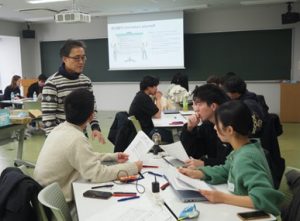<By combining the theory of System Thinking with the practical methods of Design Thinking,
students will master an approach to dealing with more complex problems, such as global social issues.>
-Workshop to be counted as points for Entrepreneurship Courses, an event for SPRING program,
and students may participate without enrolling in the course–
Outline
Systemic Design combines the theory of Systems Thinking with the practical methods of Design Thinking to approach complex problems, and is gaining attention as a useful method in a variety of fields, including social change, the design of complex social systems, and environmentally friendly ecosystems. Systemic Design involves diverse stakeholders, uses systems thinking to understand complexity, discovers effective solutions to problems through a design process, and encourages reflection on one’s own behavior and mental models within the system through repeated experimentation and iteration.
Features of this workshop
・It will be a powerful tool for addressing global social issues that span multiple interests.
・You will gain an understanding of the essence of “design thinking” and “systems thinking.”
・You will be able to build new networks through discussions with diverse participants, regardless of major, year, or nationality.
・You will gain practical experience that will be useful in your job search.
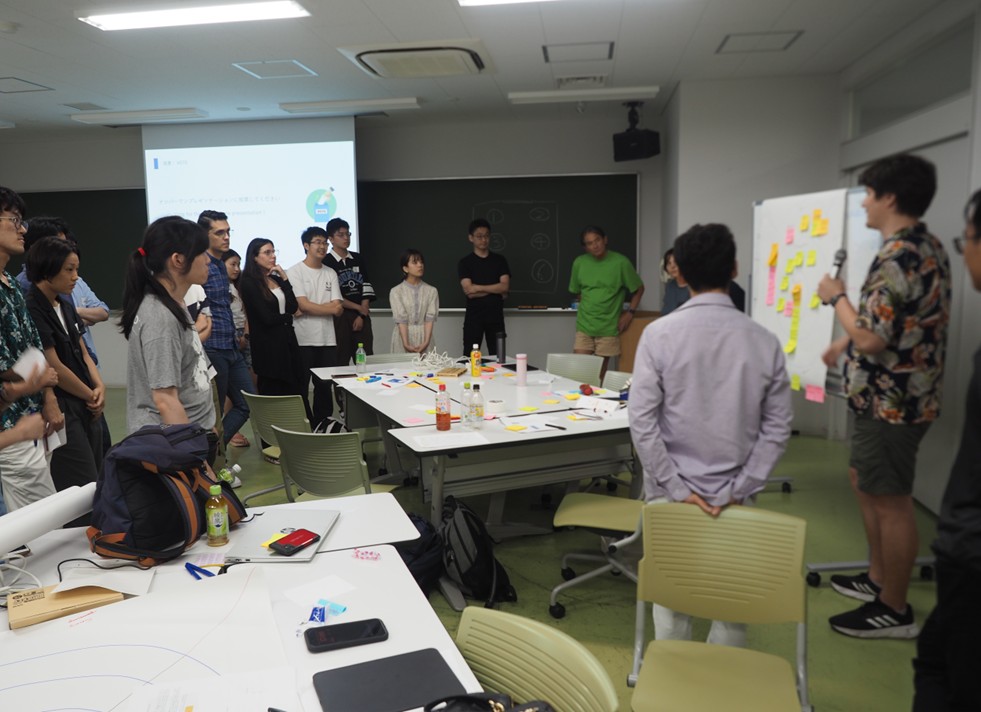
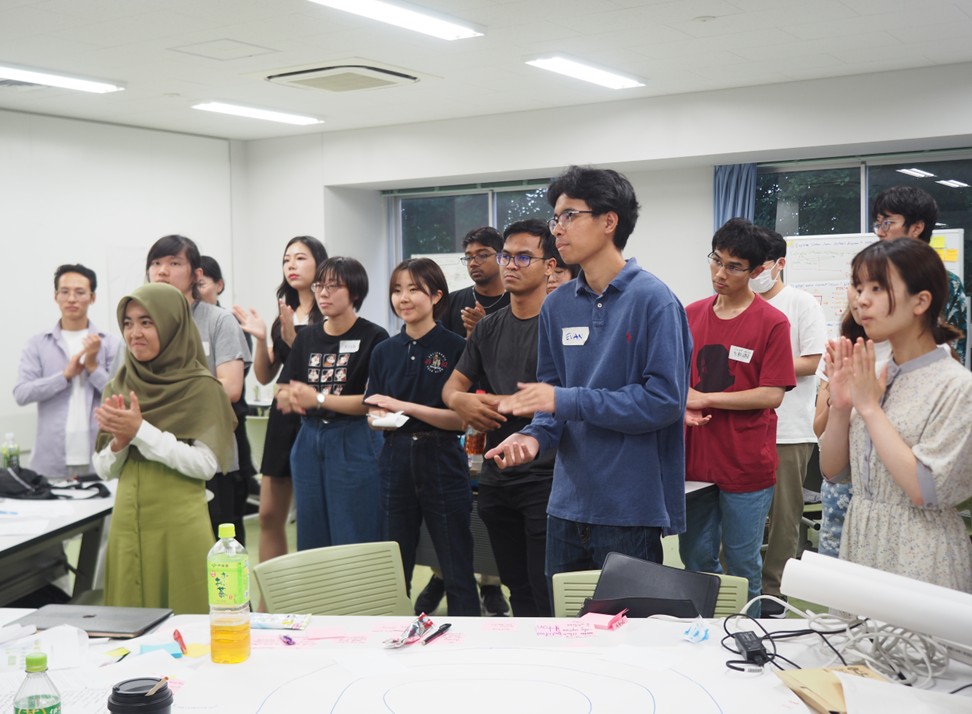
Workshop Theme
Theme
“Systemic Design Approach to “New Common Sense for Resource Circulation: Turning Cities into Forests”
Human activities are currently placing excessive strain on the Earth’s resources and sinks, resulting in serious impacts on ecosystems. This includes the successive occurrence of extreme weather events such as extreme heat, heavy rain, and warm winters. The 2022 report by the Intergovernmental Panel on Climate Change (IPCC) presented a new perspective: “Behavioral change can significantly reduce greenhouse gas emissions.” Specifically, it reported that by changing individual behavior, greenhouse gas emissions could be reduced by 40-70% by 2050, offering great hope for the climate crisis we face.
In this workshop, we will use Systemic Design to consider “New common sense for resource circulation; turning cities into forests” to reduce urban greenhouse gas emissions. We will consider how all people can naturally change their behaviors to reduce emissions by recycling waste as a resource and transform cities into rich, forest-like environments.
Comment from the facilitator:
The Earth is currently reaching its limits. Excessive consumption of resources and the accumulation of pollution are not a coincidence, but the result of our accelerating lifestyles and business activities. It is up to each and every one of us to take action and change this situation. In today’s workshop, let’s think from a new perspective, reconsider how we use resources while maintaining our quality of life, and explore together “New common sense for resource circulation; turning cities into forests” with ideas for reducing emissions and pollution.
Your small realizations and actions will bring about major changes in circulation. Let’s turn what we’ve learned here today into our own actions. It is up to all of you here to make the Earth a better place in the future.
Recommended for:
・Students who are interested in projects that address complex global issues.
・Students who want to create new value.
・Students who are interested in Design Thinking and Systems Thinking.
・Students who want to gain practical experience that I can use in my job search.
Application to participate in the workshop
Please fill out the required information in the form below and submit it. We will contact you to let you know whether you can participate.
This workshop can be taken as part of the Entrepreneurship Course. If you want to enroll in the course, please read the information on the Intensive Course Enrollment Guide page and apply with other workshops.
You are also welcome to participate in the workshop as a one-time attendee. Please register using the form below.
Workshop Details
| Category | Innovation |
| Date & Time | Saturday, February 7, 2026, 10:00 a.m. – 6:00 p.m. |
| Venue | S4-202, 2nd floor, South Building 4, Ookayama Campus |
| Language | Japanese/English |
| Capacity | Maximum of 40 students |
| Eligibility | Bachelor’s, Master’s and Doctoral students (You can participate even without enrolling in the course) |
| Points granted | 7 points |
| Facilitators | Yutaka Iimori and Kazuya Sawai |
Facilitators
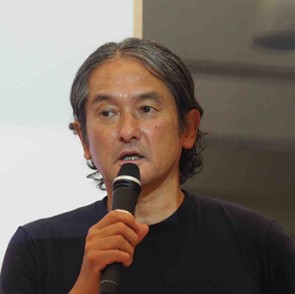
Yutaka Iimori
After gaining experience in the foreign IT industry, he moved to Silicon Valley in 1999. He participated in the founding of a startup (now Google) during the dawn of the internet era. He then worked for a foreign marketing company before going independent.
・Master’s degree in System Design and Management (SDM) from Keio University Graduate School
・Master’s degree in Media and Governance from Keio University Graduate School
・Completed the i.school Innovation Education Program from the University of Tokyo
・Researcher at the Keio University Institute for System Design and Management
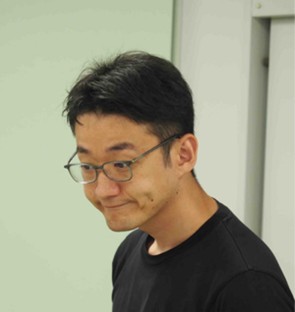
Kazuya Sawai
Born in 1986. After graduating from the Graduate School of Science and Engineering in 2011, he worked in the manufacturing industry as a mechanical design engineer. Since 2021, he has been the division manager of the e-commerce apparel business, managing the entire business with a focus on web marketing/CX.
He went independent to update creativity in both corporate and educational settings. He currently works as a freelancer, designing and facilitating workshops for innovation.
・Master’s Degree (Engineering) from the Graduate School of Science and Engineering, Keio University
・Master’s Degree (SDM) from the Graduate School of System Design and Management, Keio University
・Researcher, System Design and Management Institute, Keio University
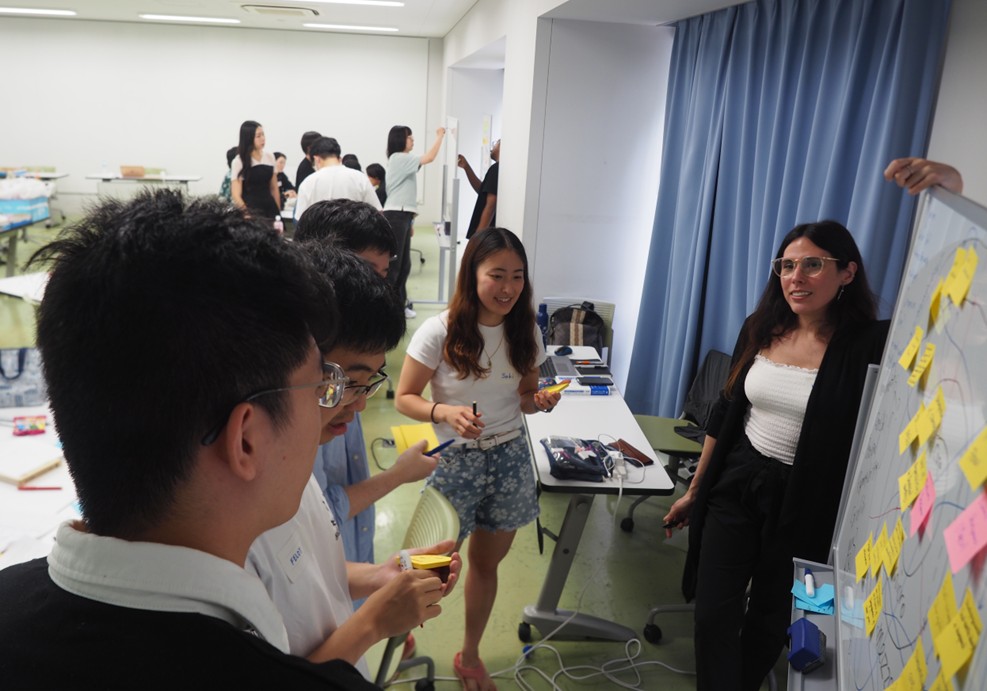
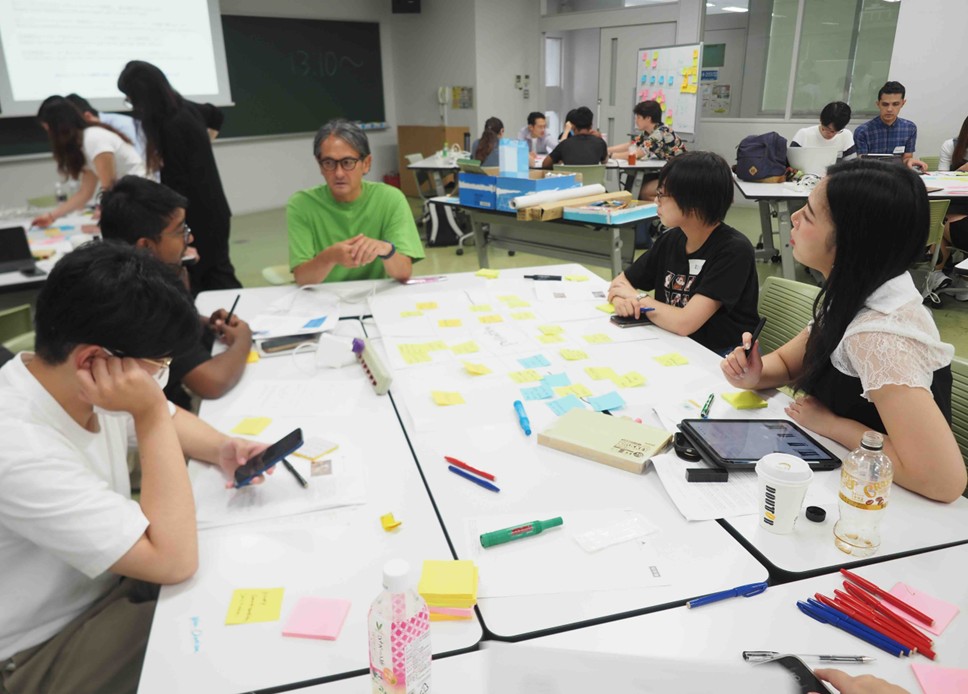
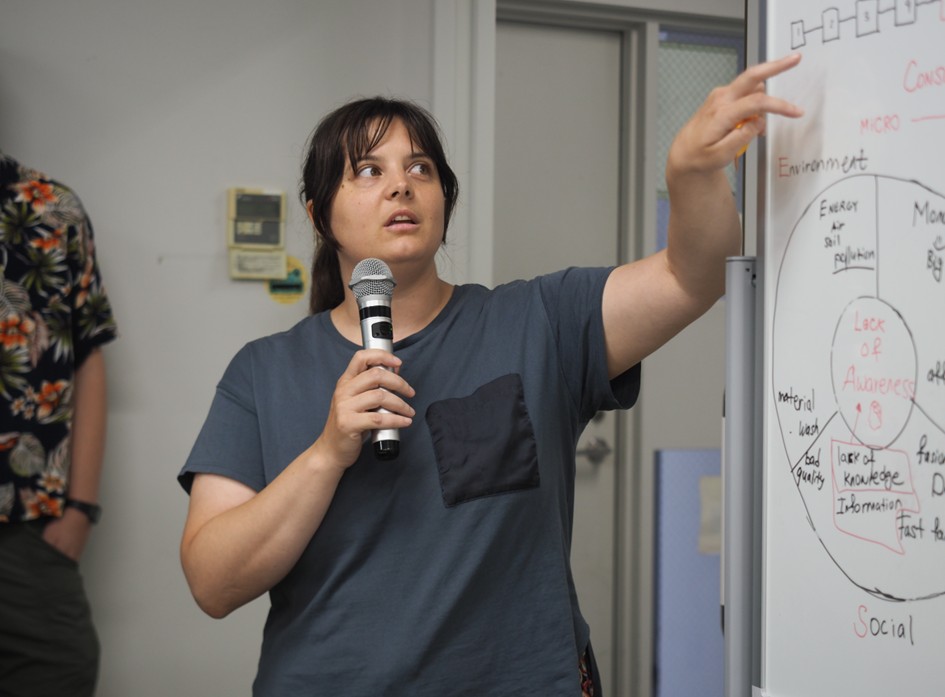
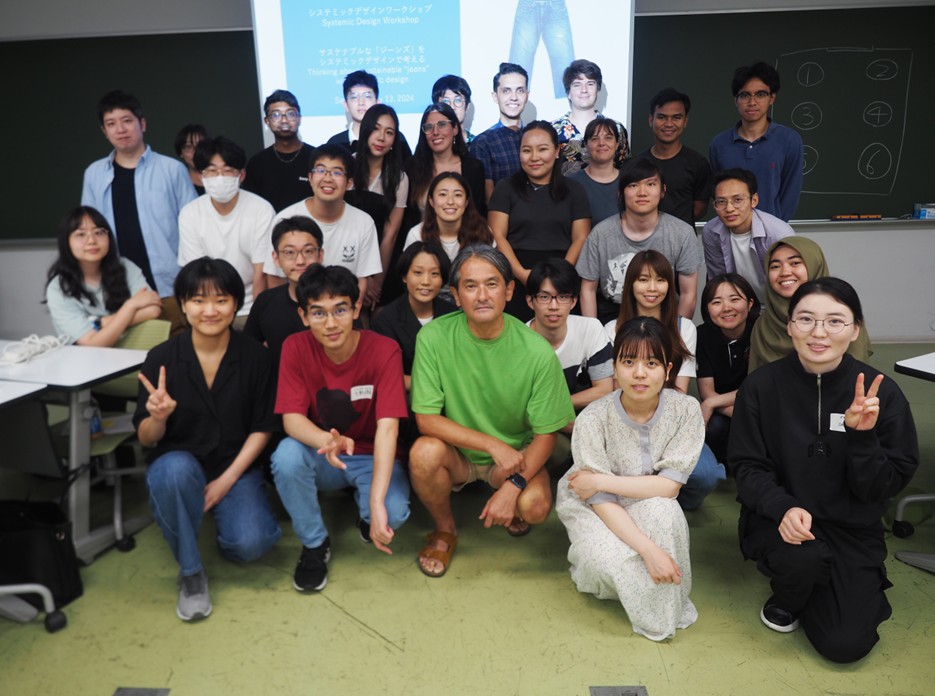
Contact
Questions and requests for consultation are always welcome.
Keisuke Yamada
Specially Appointed Professor
Academy for Leadership(ToTAL)/Center for Entrepreneurship Education(CEE)
E-mail address: yamada.k.9f82@m.isct.ac.jp
Office: S6-309B (3rd floor, South Building 6, Ookayama Campus)

